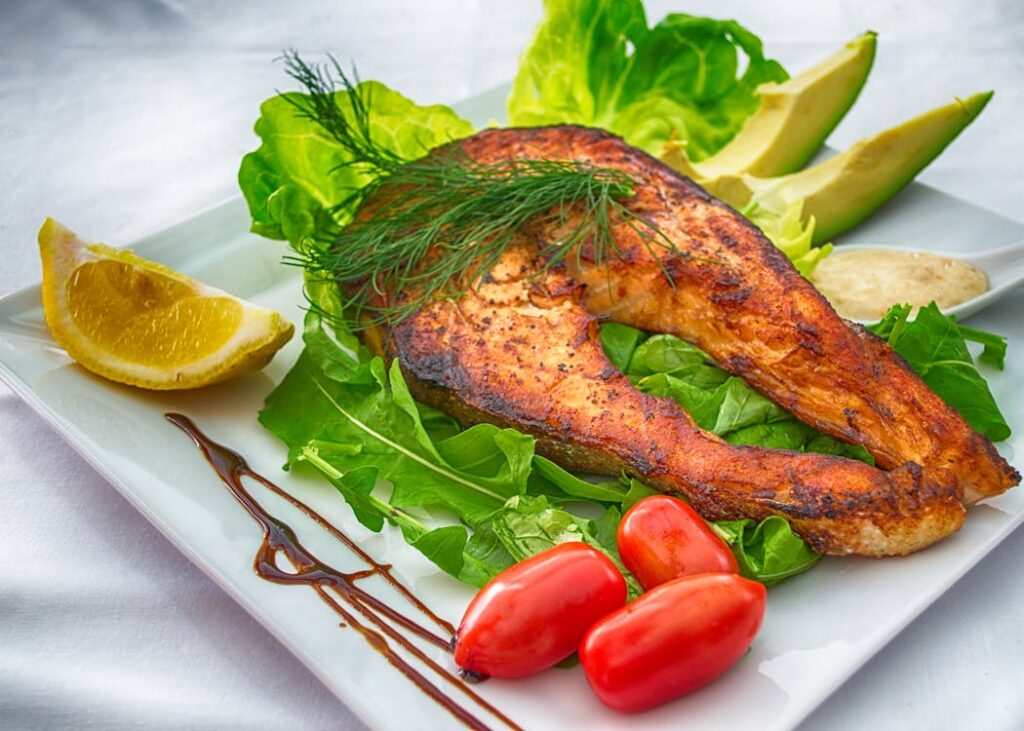
Surfing and endurance sports require a balanced diet that fuels performance, supports recovery, and sustains energy levels throughout prolonged activities. Here’s a guide to help you understand the best diet practices along with some frequently asked questions:
Key Components of the Best Diet:

1. Carbohydrates:
- Purpose: Provide immediate and sustained energy.
- Sources: Whole grains (brown rice, quinoa, oats), fruits, vegetables.
- FAQ:Should I avoid carbs for weight loss?
- No, carbohydrates are essential for fueling endurance activities. Opt for complex carbs and balance intake with overall calorie needs.

2. Protein:
- Purpose: Aid muscle repair and recovery.
- Sources: Lean meats (chicken, turkey), fish, eggs, legumes, tofu.
- FAQ:How much protein do I need?
- Aim for 1.2 to 2.0 grams of protein per kilogram of body weight per day, depending on training intensity and goals.
3. Healthy Fats:
- Purpose: Provide sustained energy and support joint health.
- Sources: Nuts, seeds, avocados, olive oil.
- FAQ:Are fats bad for performance?
- No, healthy fats are crucial for endurance athletes. They provide concentrated energy and aid in nutrient absorption.
4. Hydration:
- Purpose: Maintain fluid balance and prevent dehydration.
- Sources: Water, electrolyte-rich beverages.
- FAQ:How much water should I drink?
- Drink enough to maintain pale yellow urine color throughout the day. During activity, hydrate based on sweat rate and environmental conditions.
5. Timing and Meal Composition:
- Purpose: Optimize energy levels and recovery.
- Pre-surf: Easily digestible carbs for quick energy.
- Post-surf: Carbs and protein to replenish glycogen stores and aid muscle repair.
- FAQ:Is it important to eat after surfing?
- Yes, refueling within 30 to 60 minutes post-activity is crucial for recovery and muscle glycogen replenishment.
FAQs:
Q1: Should I eat before surfing?
- A: Yes, eating a light meal or snack containing carbohydrates and a small amount of protein about 1-2 hours before surfing can provide energy and prevent hunger during the session.
Q2: Can I surf on an empty stomach?
- A: Surfing on an empty stomach may lead to decreased energy levels and fatigue. It’s advisable to have a small snack if you’re surfing soon after waking up or if it’s been several hours since your last meal.
Q3: How can I maintain energy levels during long surfing sessions?
- A: Consume easily digestible snacks like fruits, energy bars, or electrolyte drinks during breaks to maintain energy and hydration levels.
Q4: Is it important to hydrate during surfing?
- A: Yes, making short breaks for hydratation is crucial to prevent fatigue, cramping, and overheating, especially in warm climates or during intense sessions.
Q5: Are supplements necessary for surfers and endurance athletes?
- A: While a well-balanced diet should provide most nutrients, some athletes may benefit from supplements like electrolytes or protein powders to meet specific needs or preferences.
Conclusion:
A well-rounded diet for surfing and endurance sports emphasizes carbohydrates for energy, protein for muscle repair, healthy fats for sustained fuel, and adequate hydration. Tailor your nutrition plan to match your training intensity, personal preferences, and environmental conditions to optimize performance and overall health. Consulting with a sports nutritionist can also provide personalized guidance for your specific goals and needs.
Read also : https://www.dopaminesurfmorocco.com/blog/surfing-as-a-form-of-active-meditation/

